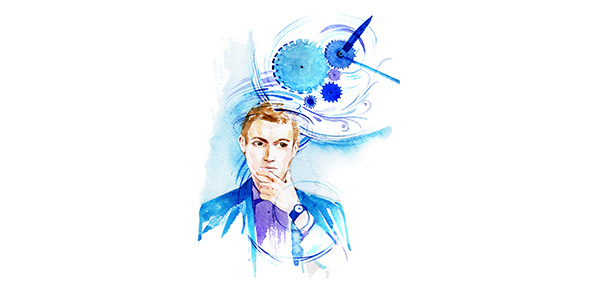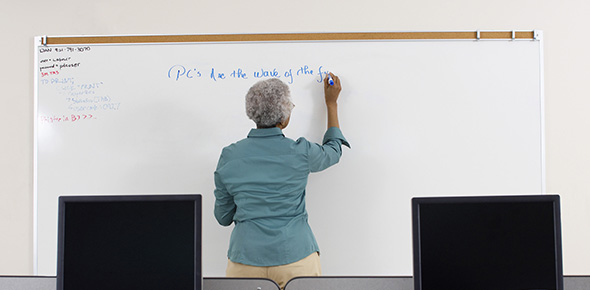Related Flashcards
Related Topics
Cards In This Set
| Front | Back |
|
Learning
|
Any relatively durable change in behavior or knowledge that is due to experience
|
|
Conditioning
|
Involves learning associations between events that occur in an organism's environment
|
|
Classical conditioning
|
A type of learning in which a stimulus acquires the capacity to evoke a response that was originally evoked by another stimulus (Pavlovian conditioning)
|
|
Unconditioned stimulus (US)
|
A stimulus that evokes an unconditioned response without previous conditioning
|
|
Unconditioned response (UR)
|
An unlearned reaction to an unconditioned stimulus that occurs without previous conditioning
|
|
Conditioned stimulus (CS)
|
A previously neutral stimulus that has, through conditioning, acquired the capacity to evoke a conditioned response
|
|
Conditioned response (CR)
|
A learned reaction to a conditioned stimulus that occurs because of previous conditioning
|
|
Elicited
|
Drawn forth (in regards to conditioned responses in classical conditioning)
|
|
Trial
|
Any presentation of a stimulus or pair of stimuli in classical conditioning
|
|
Acquisition
|
Refers to the initial stage of learning a new response tendency
|
|
Extinction
|
The gradual weakening and disappearance of a conditioned response tendency
|
|
Spontaneous recovery
|
The reappearance of an extinguished response after a period of nonexposure to the conditioned stimulus
|
|
Renewal effect
|
If a response is extinguished in a different environment than it was acquired, the extinguished response will reappear if the animal is returned to the original environment where the acquisition took place
|
|
Stimulus generalization
|
Occurs when an organism that has learned a response to a specific stimulus responds in the same way to new stimuli that are similar to the original stimulus
|
|
Stimulus discrimination
|
Occurs when an organism that has learned a response to a specific stimulus does not respond in the same way to new stimuli that are similar to the original stimulus
|






